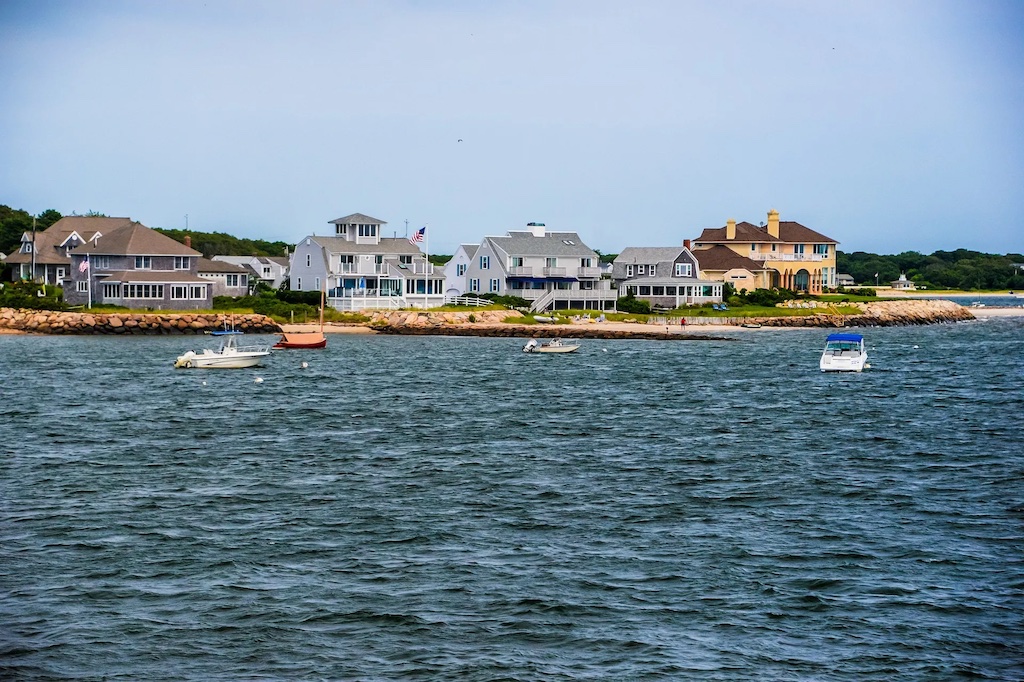Sellers of a luxury waterfront home in Massachusetts slashed their asking price by 74% as the home's value was washed away by coastal erosion.
What happened?
In September, a three-bedroom, two-bathroom waterfront home in the small island town of Nantucket went on the market for $2.3 million. Just a few months later, the asking price plummeted to $600,000.
According to Fortune, which cited a report from The Boston Globe, the dramatic price decrease was related to an overheating planet — in a matter of a few weeks, the shoreline surrounding the property lost 70 feet from erosion due to rising seas.
Still, this didn't stop New York resident Brendan Maddigan, who frequently visits Nantucket, from laying down an all-cash offer on the property after the price drop.
"The home is amazing. The location is amazing," he said, per Fortune. "And the price mitigates the risk to a good degree. I'd like to think that it'll be there for a while, but I was definitely aware of the risk of any particular storm causing a problem in the future."
Why are rising seas concerning?
"As sea levels continue to rise, we're also seeing land areas sink, both due to the increased temperatures from human caused climate change," Kathleen Biggins, founder and president of nonpartisan climate change education organization C-Change Conversations, told Fortune.
She added that this will make certain areas uninsurable or extremely costly to insure.
This is concerning, as nearly 40% of Americans live in coastal areas. Besides sea level rise and erosion, coastal communities face other climate-driven weather threats such as high-tide flooding and hurricanes, according to the National Oceanic and Atmospheric Administration. Globally, 37% of people live within about 62 miles of a coast.
What's being done about rising seas?
Some coastal residents are doing what they can to save their properties from rising sea levels. For instance, a group of homeowners in Salisbury, Massachusetts, paid more than half a million dollars to construct a giant sand dune to protect their beachfront properties from dangerous tides and prevent coastal erosion. The 15,000-ton structure, which was completed in February, washed away just days later.
A few companies are also trying to get ahead of rising seas by offering solutions such as floating homes and office buildings.
Join our free newsletter for cool news and actionable info that makes it easy to help yourself while helping the planet.









